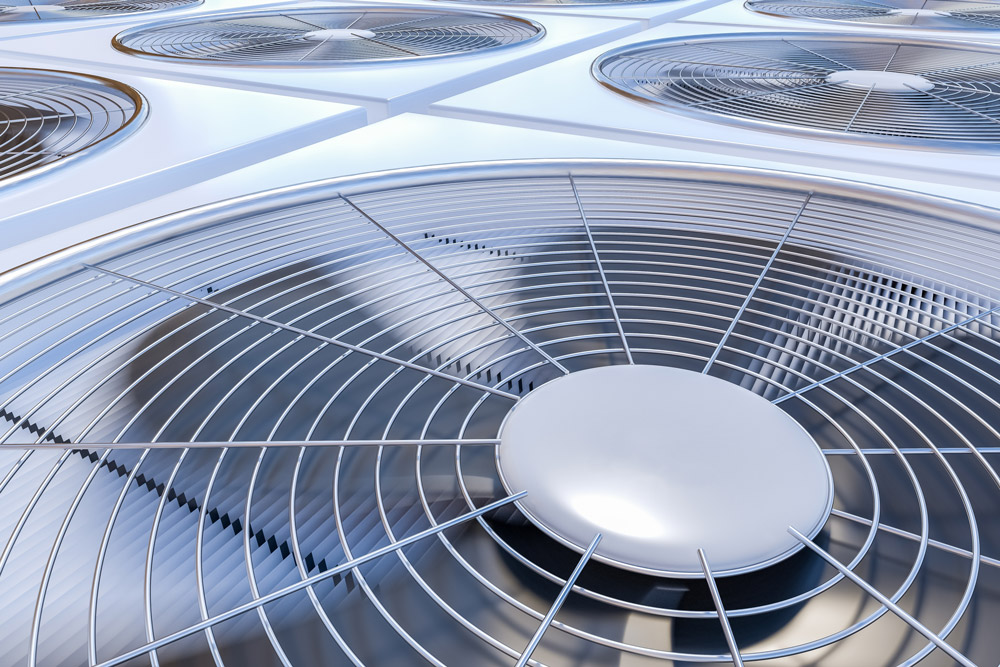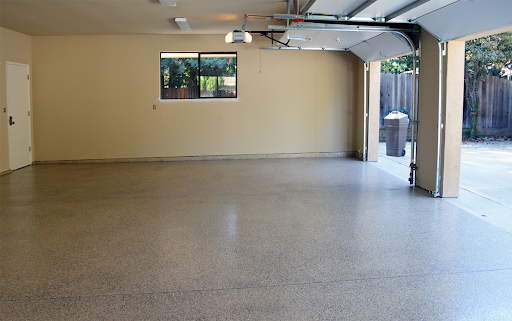Seasonal changes affect more than just how you dress or plan your weekends. The thing that takes a major hit is how your HVAC system runs. Shifts in temperature, humidity, and even outdoor air quality can push your system to work harder. Over time, this can cause higher energy bills, more frequent repairs, and a shorter lifespan for your unit.
When performance issues arise, quick action is always better than waiting. That’s why many people simply google “HVAC near me” for repair when their system starts showing signs of stress. It’s an easy way to connect with nearby professionals who can check for problems before they turn into costly breakdowns. Nevertheless, expert help keeps your home comfortable.
Cold Weather and Its Effect on Heating
As temperatures drop, your furnace becomes the hardest-working appliance in your house. It cycles on more often to maintain steady warmth, which puts strain on older or poorly maintained systems. Ice and frost can also form on outdoor units, blocking airflow and reducing efficiency. These conditions increase utility costs and create uneven heating inside your home. A simple winter inspection can prevent many of these common problems.
Heatwaves and Cooling Challenges
On the flip side, hot summers push air conditioners into overdrive. When outdoor temperatures climb, your unit runs longer and uses more electricity to cool the same space. This constant demand can lead to issues like frozen coils, worn compressors, and reduced cooling power. Many homeowners first notice the system blowing warmer air or failing to keep up with set temperatures. Regular servicing in spring helps prepare the unit for heavy summer use.
Humidity and Indoor Comfort
High humidity in summer makes your AC feel weaker, while dry winter air can make heating less effective. Both extremes put more pressure on your HVAC system. To fix this, many homeowners pair their system with a dehumidifier or humidifier. This balance ensures the air feels comfortable without forcing the HVAC to overwork.
Air Quality Shifts With Weather
Seasonal weather often brings an increase in pollen, dust, and outdoor pollution. When filters get clogged with these particles, your HVAC has to push harder to circulate air. This raises energy costs and worsens indoor air quality. Poor filtration can aggravate allergies and cause lingering odors inside the house. Staying on top of filter changes and scheduling routine cleanings helps your system cope with these seasonal shifts.
When to Call for Professional Help
Even with the best upkeep, weather changes can create issues you can’t handle alone. Signs like weak airflow, unusual noises, or sudden spikes in your energy bill often mean your system needs attention. At this point, many people decide to browse “HVAC near me” for repair and get a quick appointment. Trained technicians can spot issues early and restore efficiency before bigger damage occurs. Acting fast saves money and prevents mid-season breakdowns.
Tips for Keeping Your HVAC Weather-Ready
Taking small steps throughout the year helps your system adapt better to changing conditions. Schedule preventive maintenance twice a year (once before summer and once before winter). Keep vents clear of furniture or dust to improve airflow. Don’t forget to clean outdoor units after storms or heavy leaf fall. By building these habits, you’ll reduce wear and tear and extend your system’s lifespan.
Weather shifts are a constant challenge for HVAC systems, but a little awareness goes a long way. Cold snaps, heatwaves, humidity swings, and air quality changes all push your system in different ways. Staying proactive with filter replacements, inspections, and seasonal maintenance makes your unit more resilient. And when something does go wrong, calling in professional help ensures your comfort isn’t left to chance. Consistent care today means fewer worries and a more reliable system tomorrow.









